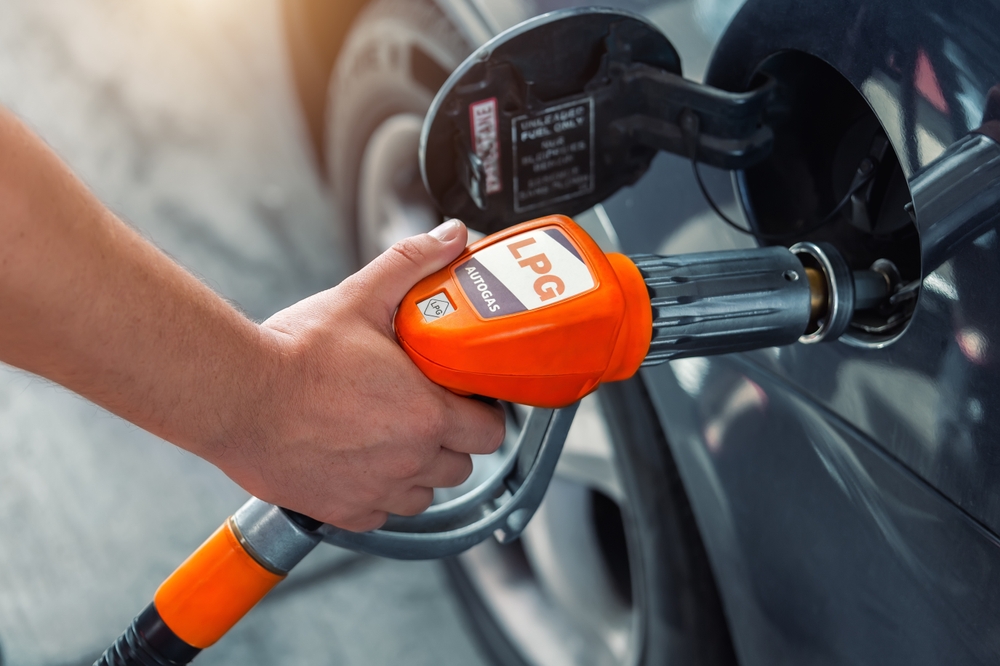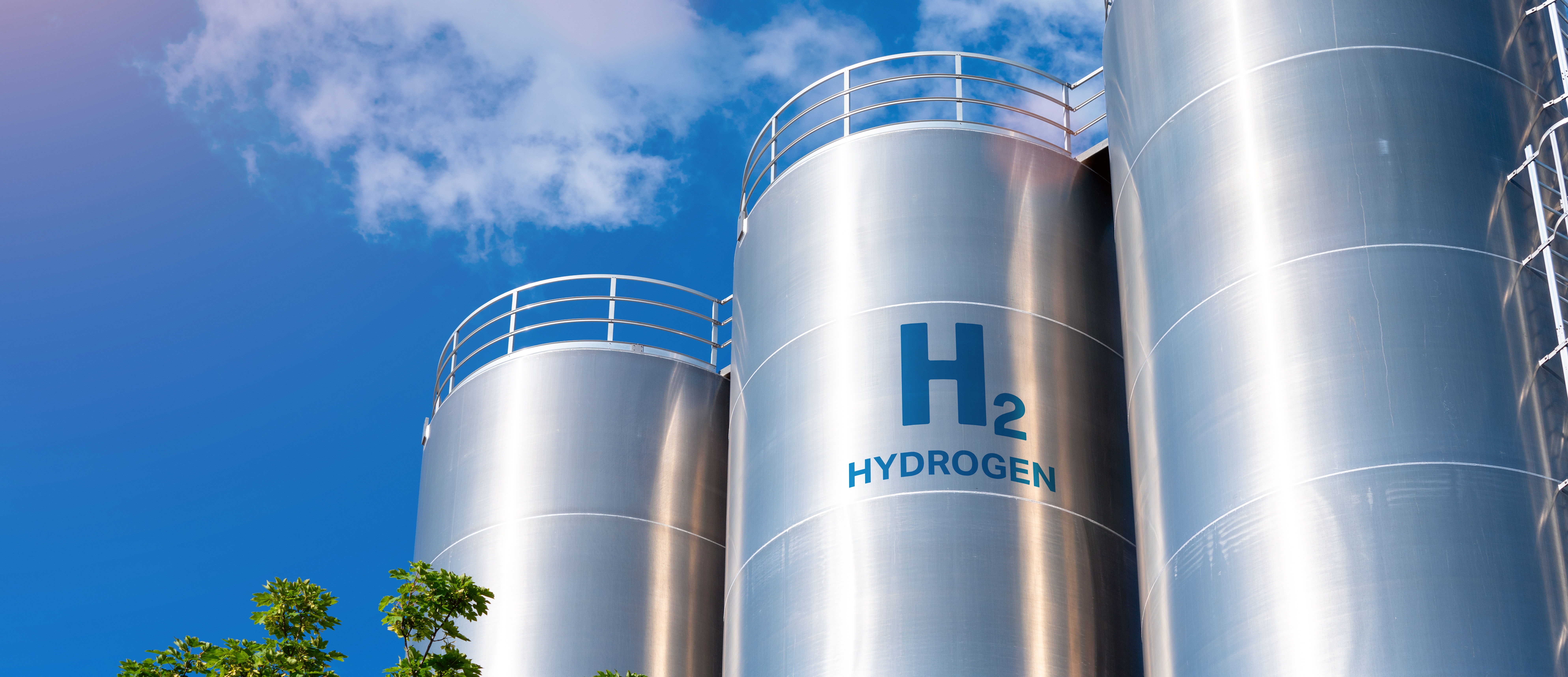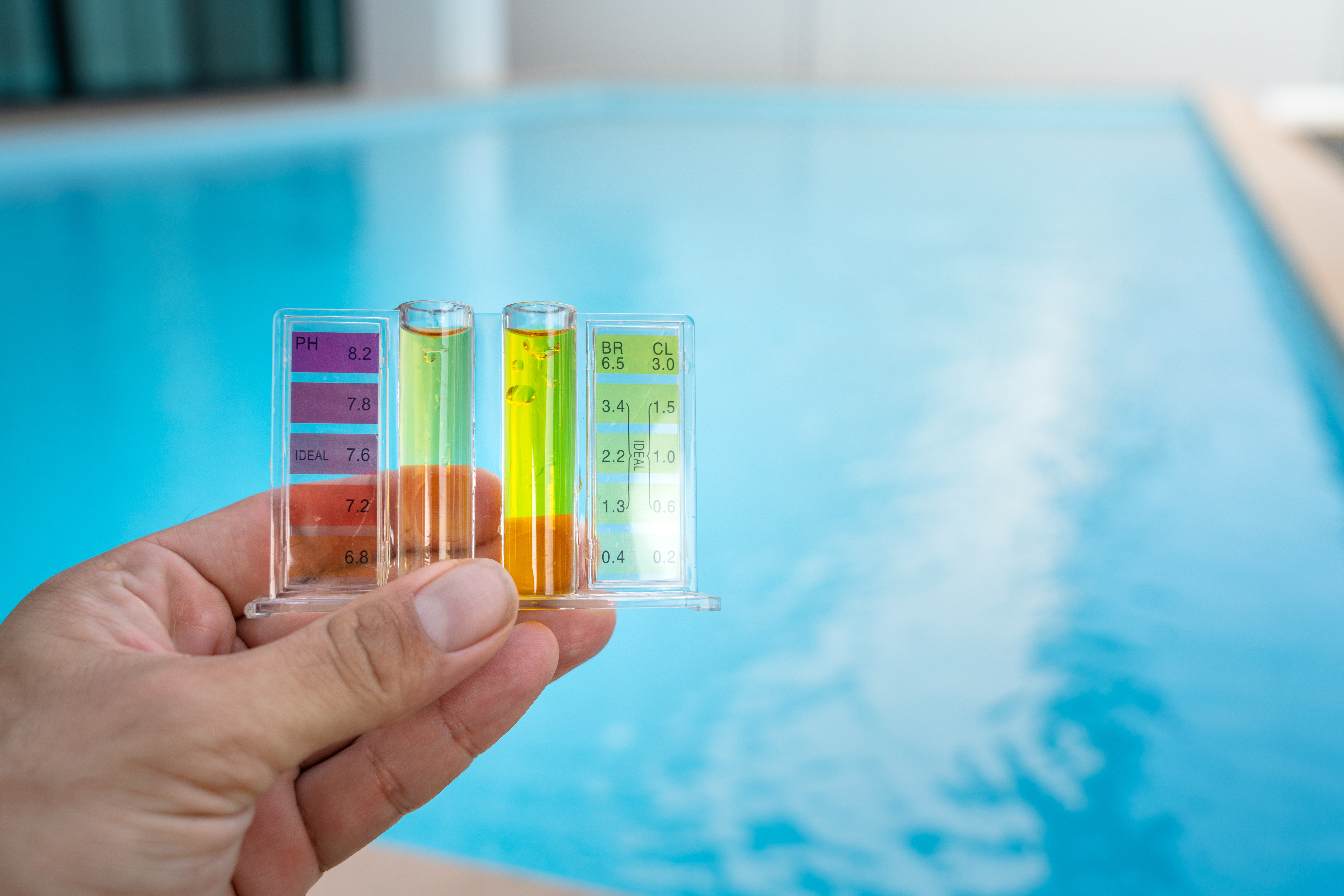
4 Courses

Chemical and Incident Response
Asbestos
This is a pre-recorded webinar with quiz included. Estimated time to view webinar is 30 minutes.
Fee = £65.00 plus VAT or 1 EMAQ+ credit
This course is tailored for professionals working with or may encounter asbestos.
This 30–45 minute training course is designed to equip individuals, with essential knowledge about the unique hazards and risks associated with Asbestos. Participants will gain an understanding of the direct health effects of Asbestos, adequate handling and decontamination practices and material disposal considerations, enabling them to manage the risks from Asbestos effectively and safely.

Chemical and Incident Response
Alternatively fuelled vehicles (AFVs)
This is a pre-recorded webinar with quiz included. Estimated time to view webinar is 30 minutes.
Fee = £65.00 plus VAT or 1 EMAQ+ credit
This 30–45 minute training course is designed to equip individuals, with essential knowledge about the unique hazards and risks associated with alternative fuel vehicles (AFVs). Participants will gain an understanding of fuels such as LPG, LNG, CNG, Hydrogen, and electric power sources, enabling them to respond effectively and safely in emergency situations, including vehicle design, safety features and lessons learned from world events that present the major challenges for with AFVs.

Chemical and Incident Response
Hydrogen Awareness
This is a pre-recorded webinar with quiz included. Estimated time to view webinar is 30 minutes.
Fee = £65.00 plus VAT or 1 EMAQ+ credit
Providing an awareness of the safety challenges around the use of hydrogen as a fuel. The course provides detail on the hazards and physical properties of hydrogen along with case studies of it's use and potential future uses.
As hydrogen is used more widely as a fuel for mass transit, energy production, industrial processes and transport, all potential users of hydrogen will need to be aware of the safety risks and associated hazards. Anyone working with hydrogen will need to know what to do when things go wrong and how they as an individual, team or organisation will manage an incident if/when one happens.

Chemical and Incident Response
Pool chemicals
This is a pre-recorded webinar with quiz included. Estimated time to view webinar is 30 minutes.
Fee = £65.00 plus VAT or 1 EMAQ+ credit
A range of chemical products are used to maintain water quality in swimming pools. Often a chlorinating product will be used as a disinfecting agent for the pool water. Different substances can be utilised including sodium hypochlorite and 11 chlorinated isocyanurates; in all cases they will be applied to produce a safe level of chlorine in the pool water to provide a disinfectant effect. Typically, a pH adjuster will also be used to keep the pool water an optimum pH level and these products are often acidic, with sodium bisulfate or hydrochloric acid being used. The major problem is that the chlorinator products will react with acids to produce chlorine gas, so when the correct process isn’t followed and the undiluted chlorinator and pH adjuster products get directly mixed, chlorine will be released. The reactions are typically instantaneous, presenting a significant risk to the person who accidently mixed them.
